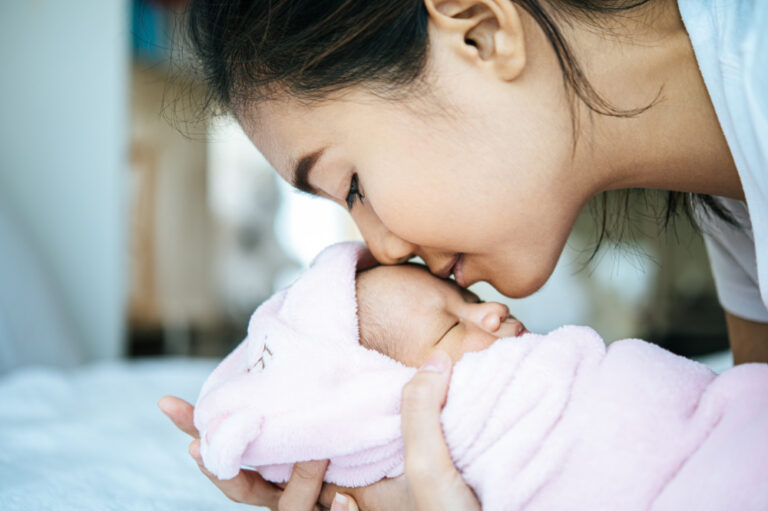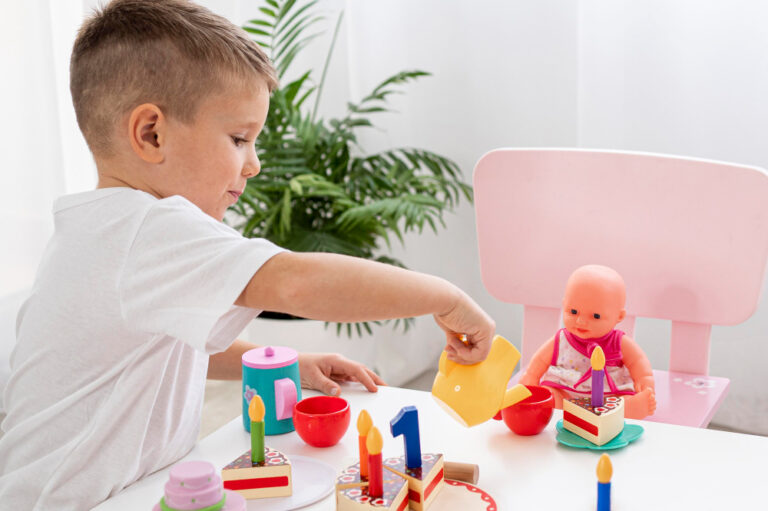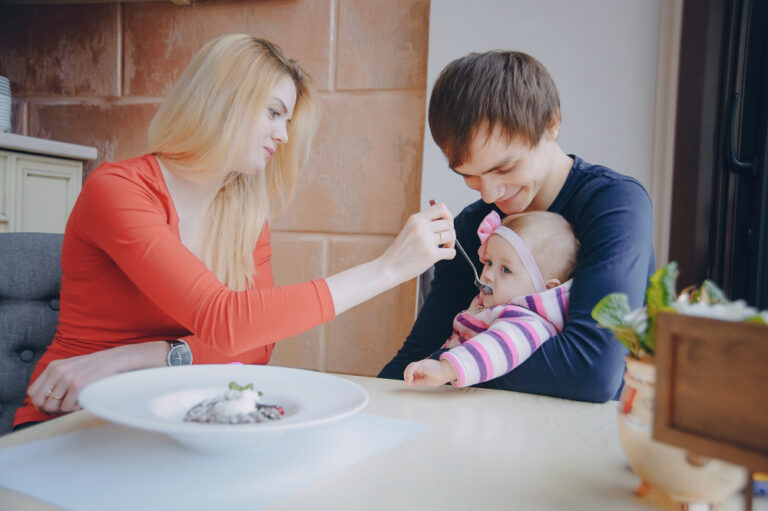10 Baby Care Facts Every New Parent Should Know
Raising a baby brings endless joy, sleepless nights, and a long list of questions. Every tiny yawn, cry, and cuddle opens the door to a new discovery. While instincts guide many parental decisions, having reliable knowledge makes the journey smoother and more confident.
Babies grow and change quickly, and so do their needs. Understanding the little things like how a newborn communicates, what sleep patterns really mean, or how diaper changes affect skin health can make a big difference in daily care.
Each fact in this list comes from expert-backed advice and real-life parenting experiences. These insights help decode your baby’s behavior, improve bonding, and promote healthy development.
If you’re a first-time parent or adding a new member to the family, these ten facts will sharpen your baby care skills and ease your parenting worries. Let’s explore what every parent deserves to know in those magical early months.
10 Baby Care Facts
Caring for a baby can feel hard. Many new parents have questions every day. A little baby needs a lot of love, attention, and care. Even small things matter.
Here are 10 helpful baby care facts that every parent should know. These ideas will guide you step by step. They will help you feel more confident as you care for your child.
1. Babies Do Not Need Daily Baths

Babies do not get dirty like older kids. Most of the time, they stay clean. A full bath is not needed every day. Bathing two or three times a week is enough for newborns.
Use a soft cloth for daily wipe-downs. Focus on the face, neck, hands, and diaper area. Use warm water, not hot. Always dry the baby well, especially between folds of skin. Too many baths can dry out the skin.
2. Breast Milk Is More Than Just Food
Breast milk has everything a baby needs. It gives nutrition. But it also protects. It helps fight sickness and keeps the baby strong. Breast milk changes as the baby grows. The milk becomes richer when needed.
Skin-to-skin contact during feeding builds love. It calms the baby. It also makes bonding stronger. If breastfeeding is hard, ask for help. Many hospitals have nurses or counselors who can help you learn.
3. Newborns Sleep A Lot, But Not For Long

Babies sleep many hours each day. But they wake often. They sleep in short periods. Most newborns sleep about 14 to 17 hours a day. But they may only sleep 2 to 4 hours at a time.
This is normal. Their tiny stomachs need frequent feeding. Try to sleep when the baby sleeps. At night, keep the room calm and dark. This teaches the baby to know the difference between day and night.
4. Crying Is A Baby’s Way Of Talking
Babies cry to tell us something. Hunger, tiredness, or a wet diaper are common reasons. Sometimes they just need a cuddle. Crying is not always a sign of pain.
After a while, parents can tell the difference in the cries. A hungry cry sounds different from a sleepy cry. Try to stay calm. A gentle touch, soft voice, or rocking can help quiet the baby.
5. Skin-To-Skin Contact Has Many Benefits

Holding a baby close helps both baby and parent. It warms the baby. It helps the heart and lungs work well. It also makes the baby feel safe.
Doctors call it “kangaroo care.” It is used even in hospitals. Babies held skin-to-skin cry less, sleep more, and grow better. Parents feel more connected. Try to hold the baby against your chest often. Wrap a soft cloth or blanket around you both.
6. Tummy Time Helps Build Strength
Tummy time means placing the baby on their belly for a few minutes each day while awake. It helps build neck and shoulder strength. It also helps prevent a flat spot on the head.
Start with short times, like 1 to 2 minutes. Increase slowly. Always stay close and watch. Make it fun. Use colorful toys or talk to the baby. It is safe and good for growth.
7. Diaper Rashes Are Common
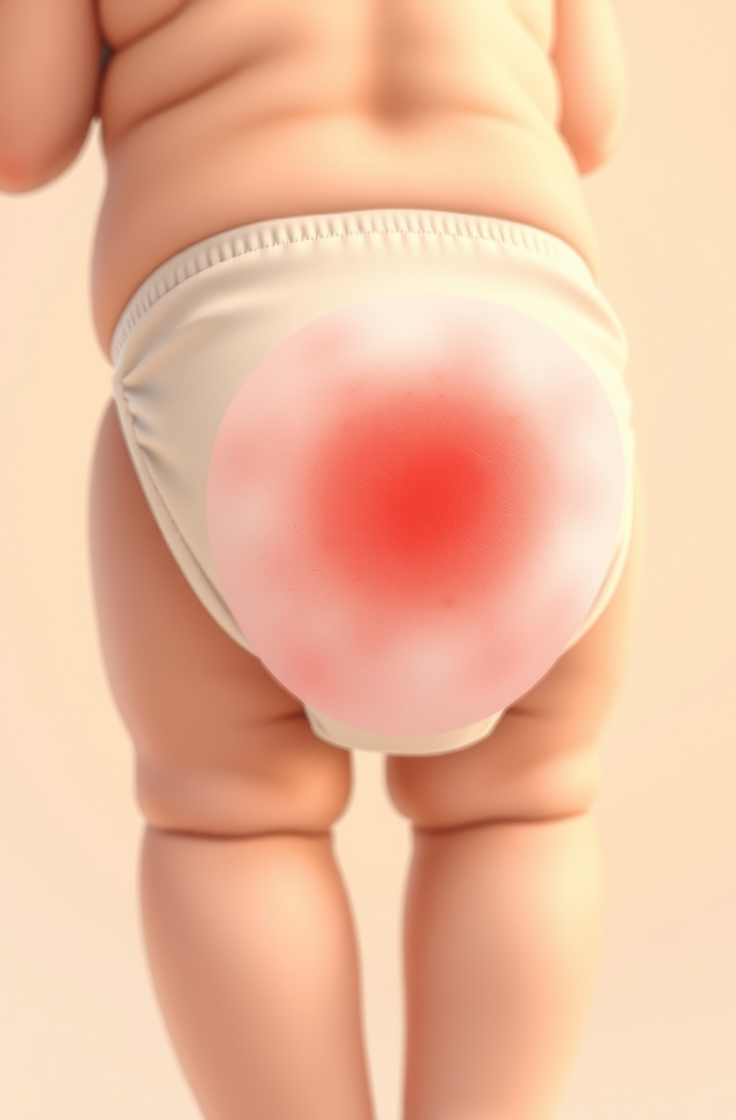
Most babies get a diaper rash at some point. Wetness, poop, or new products can cause it. Red skin, bumps, or crying during diaper changes are signs. Change diapers often. Use warm water and soft cloths.
Let the baby go without a diaper for short times each day. This gives the skin time to heal. Use a diaper cream with zinc oxide if needed. Avoid strong soaps or wipes with alcohol. These can make the rash worse. If the rash lasts more than 3 days, talk to a doctor.
8. Babies Don’t Need Shoes Early
Soft baby feet grow fast. Shoes are not needed for babies who do not walk. Bare feet or soft socks are best. Babies learn balance by feeling the ground.
Once the baby starts standing or walking, you can use soft-soled shoes. These protect the feet but still allow movement. Hard shoes can make walking harder for new learners.
9. Vaccines Protect From Serious Illness
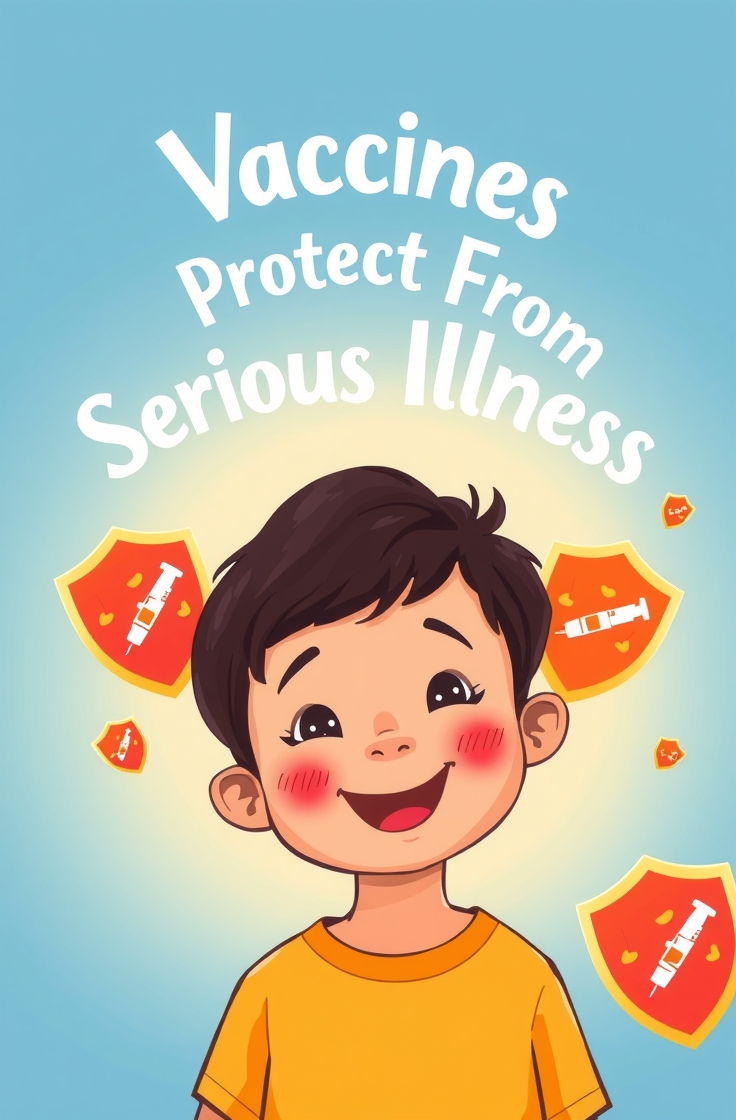
Vaccines help keep babies safe. They protect against many diseases like measles, polio, and whooping cough. These can be dangerous for small children. Start vaccines on time. Doctors give them at 2 months, 4 months, 6 months, and later.
Some babies get a fever after shots. This is normal. A cool cloth or gentle cuddling helps. Always ask your doctor about the schedule. Keeping up with vaccines protects your baby and others too.
10. Routine Makes Babies Feel Safe
Babies do not know about time. But they feel secure when things follow a pattern. A simple routine helps. Feed, play, sleep. Repeat. This helps babies know what to expect.
Even small habits matter. A bath before bed, soft music, or reading a book can signal sleep time. Over time, the baby will feel calm and ready to rest. A routine also helps parents feel more organized.
FAQs
How often should a newborn be fed?
Every 2 to 3 hours. Breastfed babies may feed more often. Watch for hunger signs like lip smacking or sucking fingers.
What temperature is safe for a baby bath?
Use warm water. Test it with your wrist. It should feel neither hot nor cold.
How long should tummy time last each day?
Start with 1 to 2 minutes. Aim for 20 to 30 minutes total per day by 3 months of age.
Why is my baby spitting up after feeding?
Babies have small stomachs. A little spit-up is normal. Burp them often during and after feeding.
Can I take my baby outside?
Yes. Fresh air is good. Avoid strong sun and crowded places. Dress the baby for the weather.
How do I know if the baby is getting enough milk?
Wet diapers are a good sign. Newborns should have 6 or more wet diapers per day after the first week.
Is it okay for my baby to sleep on their stomach?
No. Babies should always sleep on their back. This lowers the risk of SIDS (Sudden Infant Death Syndrome).
What is a growth spurt?
A short time when the baby grows fast. They may eat more and sleep more. It often happens at 2 weeks, 6 weeks, 3 months, and 6 months.
How can I calm a fussy baby?
Try holding, rocking, feeding, changing, or walking around. Stay calm. Some babies just need time to settle.
Should I wake a sleeping baby for feeding?
In the first weeks, yes. Newborns should not sleep more than 4 hours without feeding. After gaining weight, let them sleep longer.
Conclusion
Caring for a baby is not always easy, but it becomes better with time. Small steps lead to big results. Babies grow fast, and each day brings something new. These 10 baby care facts can guide parents, calm worries, and help build strong habits.
Trust your feelings. Ask for help when needed. Watch your baby. Listen to their small signs. Each baby is different, but love and care work for all. Enjoy the journey one moment at a time.



